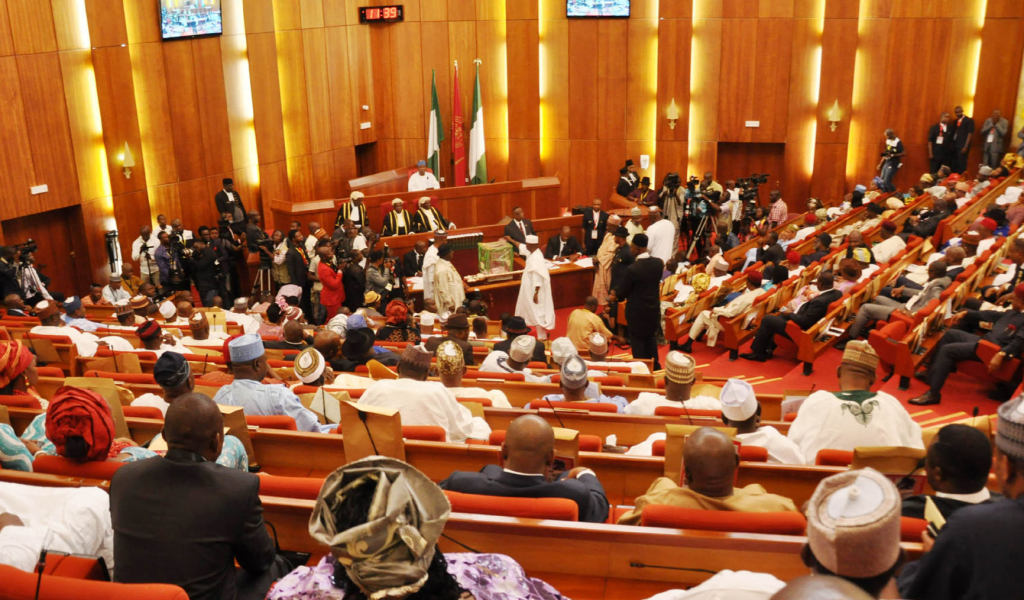The African continent is losing billions of dollars annually due to illicit financial flows, according to the African Union. An estimated $88 billion leaves Africa each year through tax evasion, money laundering, and corruption, up from $50 billion in 2015. This significant loss of revenue deprives governments of funds that could be invested in essential public services such as healthcare, education, and infrastructure.
Analysts attribute this massive financial drain to the practices of digital corporations and commodity traders, who shift their profits to tax havens, as well as corrupt elites who stash money in anonymous offshore accounts. Christoph Trautvetter, coordinator of the German organization Network for Tax Justice, notes that this system not only promotes corruption and crime but also weakens states, ultimately benefiting the rich and powerful in both Africa and the global North.
Despite the challenges, there have been efforts to curb these losses. In 2017, over 100 countries agreed to automatically exchange information about bank account owners, which has led to increased transparency and cooperation. Additionally, the United Nations has established a global framework agreement to address issues such as global tax justice, taxation of large digital corporations, and detection of illegitimate financial flows.
The African Union has also created instruments to combat illegal transactions, including a pan-African cooperation platform and working groups to recover stolen assets abroad. However, the AU’s findings show that these institutions have not been as efficient as hoped. Many African countries have established financial investigation units or specialized tax authorities, but more needs to be done to effectively stem the flow of illicit funds.
Idriss Linge, Advocacy Officer for the Tax Justice Network, emphasizes that illegal financial flows have a devastating impact on Africa, particularly in resource-rich countries such as Nigeria, Angola, and the Democratic Republic of Congo. The loss of revenue due to tax evasion and corruption not only hampers development but also denies people their basic rights, including access to clean water, sanitation, education, and healthcare.
The African Union estimates that the continent’s financial loss from illegal financial activities is around $88 billion, but experts believe this figure may be a severe underestimation. As African countries struggle to service debts at high interest rates, stemming illegal financial flows is crucial to achieving greater sovereignty and fiscal stability. Efforts to combat these flows must be intensified to ensure that Africa’s wealth benefits its people, rather than being drained away through corrupt and illicit means.

![omotola jalade: genevieve feud never existed, fans to blame 'We don't need to be best friends' - Omotola speaks on alleged feud with Genevieve [VIDEO]](https://mediatalkafrica.com/wp-content/uploads/2026/02/xOmotola-Jalade-Genevieve-Feud-Never-Existed-Fans-to-Blame-1024x614.jpg.pagespeed.ic.zeCHer5yVF.jpg)

